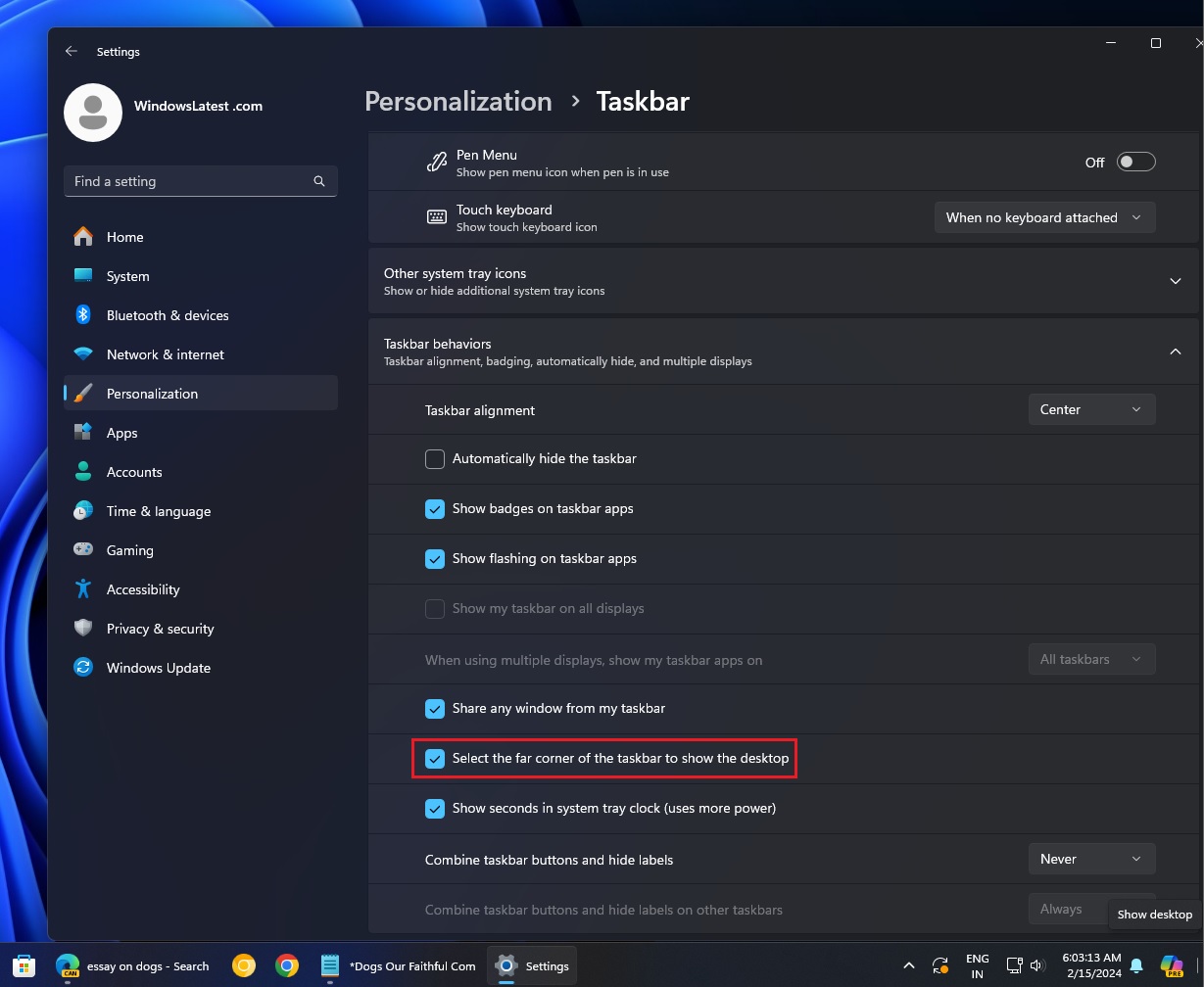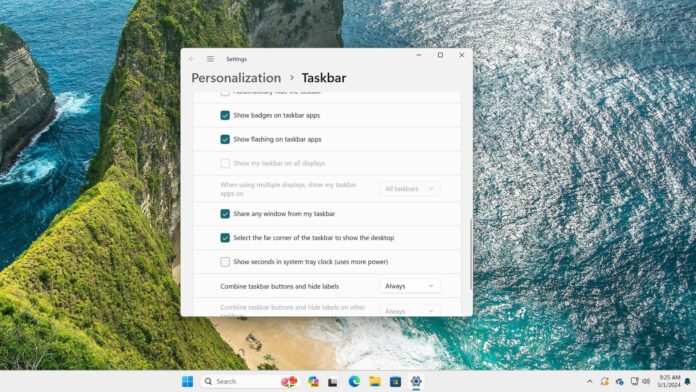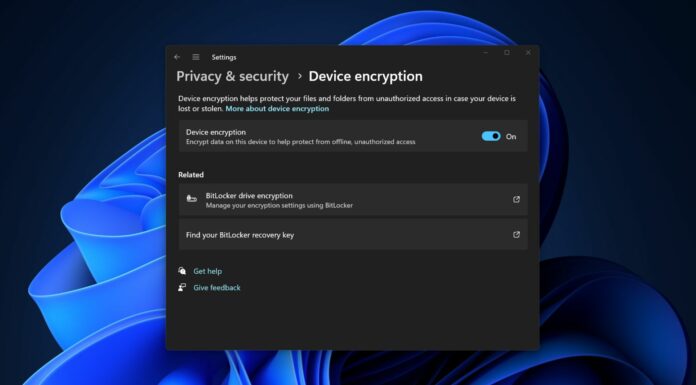Microsoft surprised many users when it removed the Show Desktop icon from the Taskbar with the KB5034765 update. Changes like these usually don’t appear in the stable version. As a result, many users complained about the missing icon and Copilot appearing in its place.
After facing a lot of flak, Microsoft has decided to roll back the change in the Windows 11 Beta Build 22635.3566. Now, the Show desktop icon will appear in the extreme right corner of the Taskbar like it used to, and the Copilot icon will revert to its original position to appear before the Show desktop.
Windows Latest spotted this change while testing Beta build number 22635.3566. The official post has also been updated to reflect this change. Originally, the Copilot icon appeared with other taskbar icons.
![]()
In our opinion, the right side of the Taskbar feels bloated when it has two icons. If you want, you can keep both the Copilot and Show desktop icons. However, you might accidentally click the Copilot icon when trying to show the desktop, which is why the company turned off the Show Desktop button to pin Copilot instead.
Microsoft has now rolled back the changes, and the Show Desktop button will now appear by default.
Since this change is exclusive to the beta build, you’ll still need to visit the Settings > Personalization > Taskbar section to re-enable the Show Desktop button in the stable builds.
Then, under Taskbar behavior settings, enable the “Select the far corner of the desktop to show the desktop” option. After that, hide the Copilot icon to restore the Show desktop icon’s original decluttered look.

It could be a while before Micorosft delivers this change in an update for Windows 11. We previously covered Microsoft’s accidental addition of the Copilot app with a Microsoft Edge update.
The Copilot app has a purpose
Users noticed a new Copilot app after updating the Edge browser to version 123. This app appeared in the list of Installed apps and was 16 KB in size. Moreover, it didn’t appear in the Start menu search results.
In our conversation with Microsoft, we learned that the app doesn’t do anything now. It isn’t designed to replace the current Copilot app and only exists to add new AI features in the future.

Microsoft has been working on multiple changes for Copilot in Windows. For example, we recently spotted that Microsoft doubled the characters limit to 8,000 from 4,000. If you’ve Copilot Pro, you can now use up to 16,000 characters. Additionally, you can directly upload documents – PDF, .doc, .xls, and .ppt to summarize.
Windows Latest has extensively covered upcoming AI features in Windows 11 24H2, which includes AI Explorer, Super Automatic Resolution, Paint NPU, and more. Some of these features will need an NPU and might remain exclusive to upcoming AI PCs powered by Snapdragon X Elite.





















